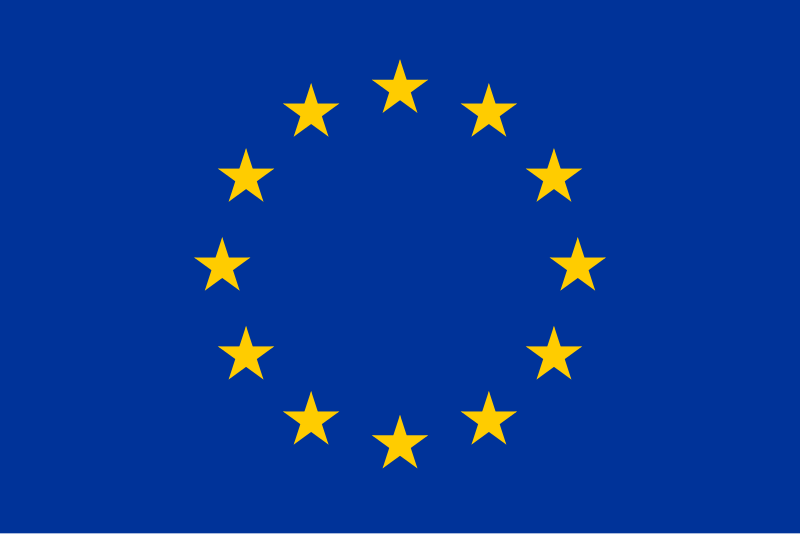1. Digital Legal Interaction
In the modern legal environment, digital transformation has fundamentally reshaped communication between clients and law firms.
E-mails, cloud storage systems, and secure file-sharing platforms have become standard tools of legal interaction.
However, digitalisation must meet strict requirements of authenticity, availability, and legal validity to ensure that transmitted information is protected and enforceable.
2. Legal Significance of Electronic Documents

Electronic documents are legally equivalent to paper originals when the following criteria are fulfilled:
- Sender authentication — the sender’s identity must be verifiable;
- Data integrity — the document must remain unchanged after transmission;
- Receipt confirmation — proof of delivery, such as an acceptance–handover certificate.
Meeting these conditions guarantees the document’s evidentiary and legal value in international transactions.
3. Mandatory NDA Execution
Before any exchange of information, it is mandatory to sign a Non-Disclosure Agreement (NDA).
This agreement establishes the framework of confidentiality and data protection between the law firm and the client.
The NDA provides guarantees of:
- confidentiality of all materials shared by the client;
- prohibition of disclosure to any third party without written consent;
- application of technical and organisational data-protection measures (encryption, access control, and audit logs).
The Russian-Turkish Legal Company signs NDAs prior to reviewing any case or contract, ensuring a secure and legally protected foundation for cooperation.
4. Security and Compliance Principles

Our firm applies a multi-layered system of data protection and compliance:
- information is transmitted through TLS-encrypted e-mail channels;
- all files are stored on access-controlled servers;
- regular information security audits are conducted;
- legal documents are backed up to ensure their integrity and continuity.
We operate fully in accordance with both the General Data Protection Regulation (GDPR) in Europe and KVKK data-protection standards in Turkey.
5. Practical Recommendations for Clients
To maintain secure and efficient communication, clients are advised to:
- sign the NDA before providing any materials or information;
- use corporate e-mail addresses or officially approved communication channels;
- submit documents in PDF format with clear signatures and company seals;
- in cloud-sharing scenarios, grant access only to authorised users and request an acceptance–handover document.
6. Conclusion
Information transmission is not merely a technical task — it is the cornerstone of trust and legal protection between the client and the law firm.
By implementing mandatory NDAs and secure digital communication channels, the Russian-Turkish Legal Company (RT-Union) ensures the highest level of confidentiality and legal compliance for its clients across Russia, Turkey, and Europe.

























